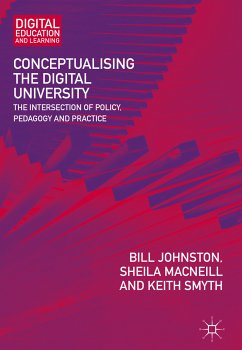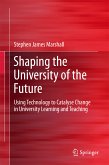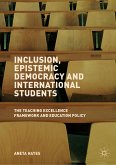Despite the increasing ubiquity of the term, the concept of the digital university remains diffuse and indeterminate. This book examines what the term 'digital university' should encapsulate and the resulting challenges, possibilities and implications that digital technology and practice brings to higher education. Critiquing the current state of definition of the digital university construct, the authors propose a more holistic, integrated account that acknowledges the inherent diffuseness of the concept. The authors also question the extent to which digital technologies and practices can allow us to re-think the location of universities and curricula; and how they can extend higher education as a public good within the current wider political context. Framed inside a critical pedagogy perspective, this volume debates the role of the university in fostering the learning environments, skills and capabilities needed for critical engagement, active open participation and reflection in the digital age. This pioneering volume will be of interest and value to students and scholars of digital education, as well as policy makers and practitioners.
Dieser Download kann aus rechtlichen Gründen nur mit Rechnungsadresse in A, B, BG, CY, CZ, D, DK, EW, E, FIN, F, GR, HR, H, IRL, I, LT, L, LR, M, NL, PL, P, R, S, SLO, SK ausgeliefert werden.









